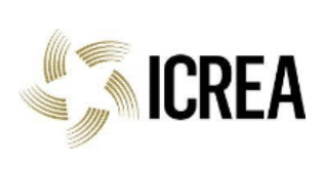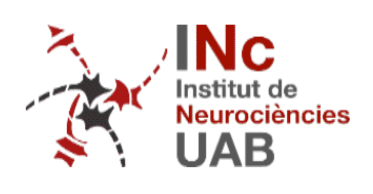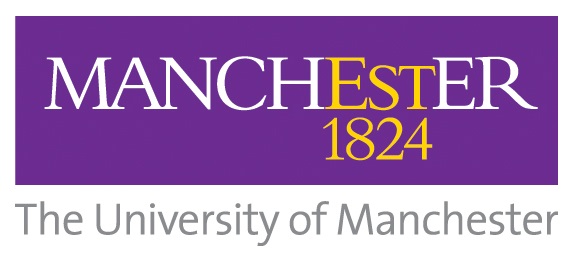Core Social Responsibilities of the Nanomedicine Lab are:
– To contribute towards training of the next generation of researchers and scientists
– To communicate to the general public about the potential social impact, implications and concerns around the use of nanotechnology in medicine and beyond.
Teaching & Training of students motivated to become nanomedicine researchers and scientists is integral to our mission.
Read below which Master’s programmes we are teaching in and encourage students to spend their research projects in the Nanomedicine Lab.
TEACHING
The Nanomedicine Lab is contributing to teaching and hosting research projects for the following three Masters programmes. We welcome students interested in exploring a research career in nanomedicine to enroll in one of these programmes and opt to perform their research project with us.
MSc in Advanced Nanoscience & Nanotechnology
The Master in Advanced Nanoscience and Nanotechnology is offered by the Faculty of Science at the Universitat Autònoma de Barcelona, in close collaboration with the Catalan Institute of Nanoscience & Nanotechnology (ICN2).
This course aims to make students familiar with the latest subjects, methodologies and facilities in research into nanoscience and nanotechnology, taking advantage of the concentration of nanotechnology research institutes and groups at the UAB Bellaterra Campus as one of the strongest in Southern Europe, officially recognised as a Campus of International Excellence in Nanoscience and Biotechnology.
MORE ABOUT THE COURSE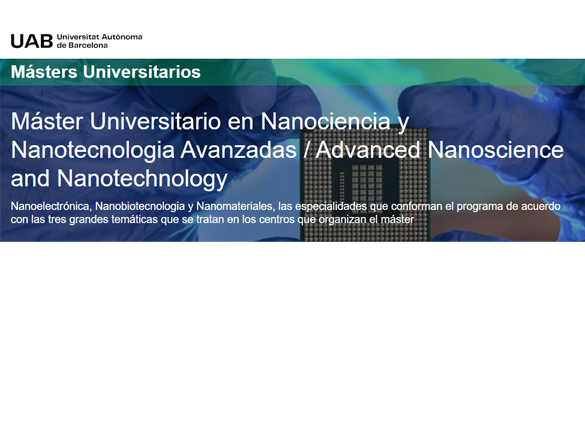
MSc in Translational Biomedical Research VIHR
The Master in Translational Biomedical Research is a program created between the Vall d’Hebron Institute and the Universitat Autònoma de Barcelona.
This course aims to to train researchers of excellence with the necessary combination of medical and scientific knowledge and skills to contribute to the success of translational biomedical research in the future.
MORE ABOUT THE COURSE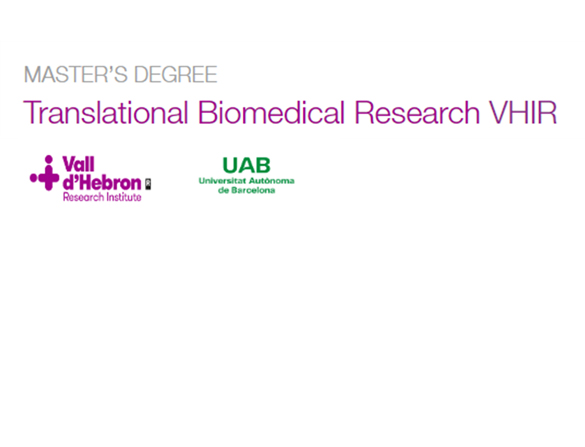
MSc in Nanomedicine by Research
This is a bespoke and research-focused, one-year Master’s programme in the field nanotechnology for medicine with the newly launched Centre for Nanotechnology in Medicine (CNTM) that the Nanomedicine Lab helped establish.
This course aims to offer a unique experience to students who wish to explore a further research career in nanomedicine, either towards higher degrees or industrial posts.
MORE ABOUT THE COURSE
LAB SEMINARS
The Nanomedicine Lab in collaboration with the ICN2 and other groups interested in the application of nanotechnology and nanomaterials in healthcare and medical applications are regularly inviting and hosting colleagues from different global institutions with an active research programme and contributions in the broader area of nanoscience and nanotechnology in medicine and biomedical sciences.
OUTREACH ACTIVITIES
All Nanomedicine Lab members are making an active effort to inform and educate the wider public, from primary school students to science festival goers, about nanotechnology used in biological and medical sciences and its potential social impact. See some of these activities of the last few years.
NanoWhales
The Nanomedicine Lab has a long-term commitment to environmental sustainability and preservation of our natural habitat. The NanoWhales project is our long/term volunteering and fundraising activity for research expeditions organized and led by the Pelagos Cetacean Research Institute.
The scientific expeditions to study the existing Mediterranean whale and dolphin populations are aiming to assist fellow scientists, marine biologists and oceanographers of the Pelagos Institute, and contribute to conservation and protection of our oceans and its mammalian inhabitants.
If you also interested to volunteer or donate for such causes, please read more and contact us!

Nanojazz
The process of scientific discovery is generally meant to be carried out as detached from emotional involvement. In reality, however, most active researchers are primarily driven by emotions, continuous validation of their motivation, intellectual creativity, and ethical integrity.
In an effort to bridge this ’emotional divide’ in science for the general public, and to simultaneously cross the cultural and linguistic divides between Western and Japanese modes of expression, Kostas Kostarelos embarked on a literary journey with Hideko Monden. Together, they are creating a world that intertwines emotion and science, where nanoscale research intersects with medical ethics. The story focuses on the lives of three women—a scientist, a doctor, and a jazz singer—whose destinies become inextricably linked.
Both scientists will be stepping away from their lab coats and research papers to create the manga series NanoJazz, a portrayal of what it truly feels like to live the life of a researcher. They will regularly post free chapters of the series, which can be accessed every few months here:
Japanese version
English version
This original series was partially funded as an outreach activity by the European Commission Graphene Flagship project. Kostas Kostarelos contributes the original script, while Hideko Monden creates the manga artwork. Both share the Copyrights ©.
READ THE MANGASmall World Articles
In 2013, The Guardian commissioned a blog about new developments in nanotechnology called ‘Small World: Nanotech’. Kostas contributed seven articles that offer a transparent and honest view of nanotechnology and its superhuman expectations, as well as its very human limitations.
You can access all seven articles below.
READ THE ARTICLES


